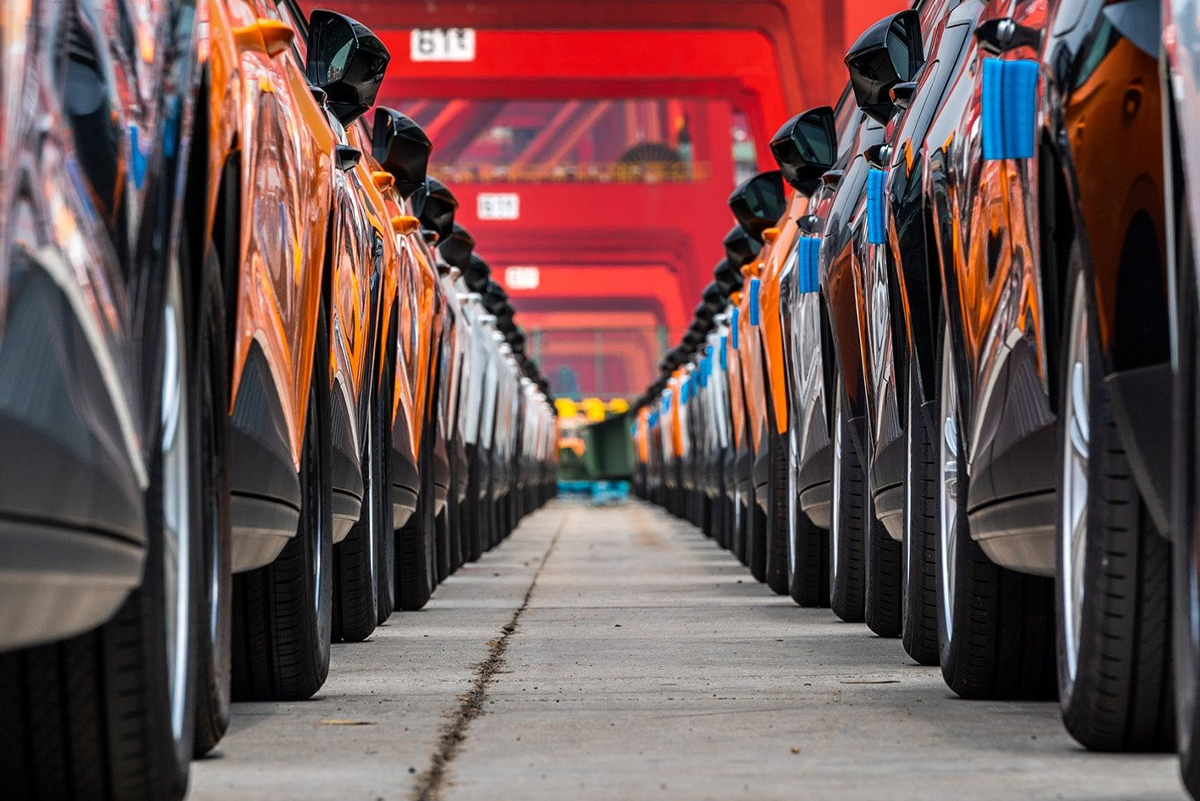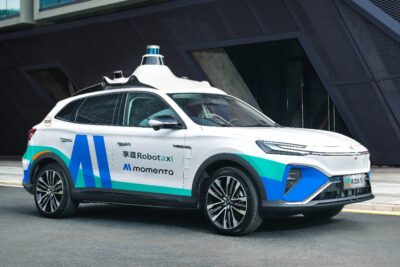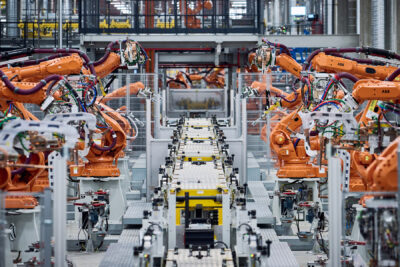EU could slightly weaken special tariffs for China-made EVs
As Bloomberg reports, citing insiders, the special tariff for Tesla cars will drop from 9.0 per cent to 7.8 per cent. The new maximum rate for Chinese manufacturers that did not cooperate with the EU’s investigation will be reduced from 36.3 per cent to 35.3 per cent. That affects China’s manufacturer SAIC, for example. However, official confirmation is still pending. The final tariffs may still change until the final vote of the EU member states in November. The provisional countervailing duties were published for the first time on 4 July.
The EU will make the current changes “due to new information that companies have provided,” the news agency writes. The Commission already presented slightly adjusted tariff rates in August. However, their logic remained basically the same: the higher the Chinese subsidies, which the EU categorises as market-distorting, the higher the individual import duty rate for the respective manufacturer. Tesla is categorised as a unique case, hence the single-digit surcharge. In principle, the special duties are on top of the existing basic duty rate of 10 per cent – in the case of Tesla, according to insider information, this means 17.8 per cent import duty when an electric car built in China is imported into the EU. Currently, all Model 3s sold in Europe come from Giga Shanghai.
According to the latest official adjustments made by the EU on 20 August, the tariffs were as follows. If the insider information from Bloomberg is confirmed, the values in brackets will change:
| Manufacturer | Provisional special duties | Total import duties |
|---|---|---|
| BYD | 17.0 % | 27.0 % |
| Geely | 19.3 % | 29.3 % |
| SAIC | 36.3 % (35.3%)* | 46.3 % (45.3%)* |
| Tesla | 9.0 % (7.8%)* | 19.0 % (17.8%)* |
| Co-operating companies | 21.3 % | 31.3 % |
| Others | 36.3 % (35.3%)* | 46.3 % (45.3%)* |





0 Comments